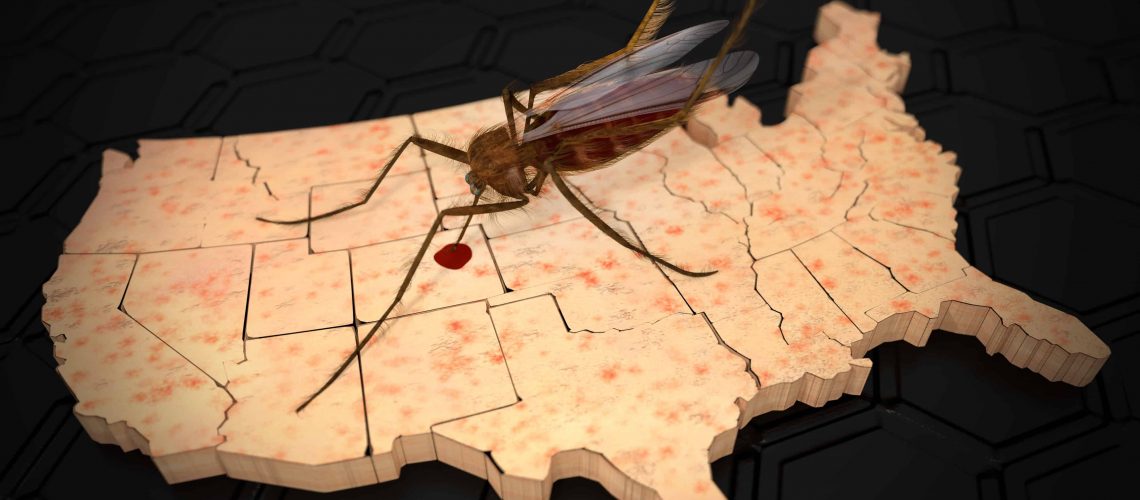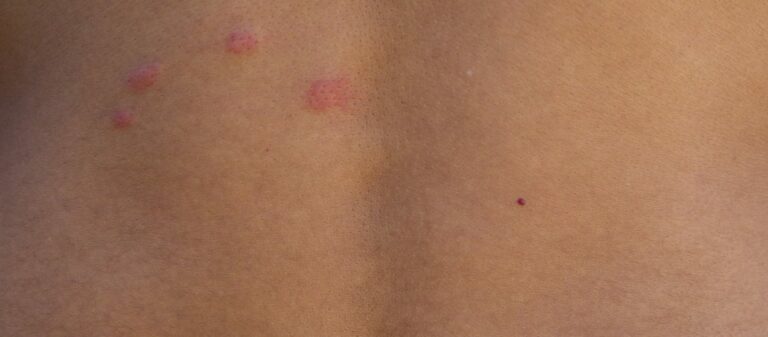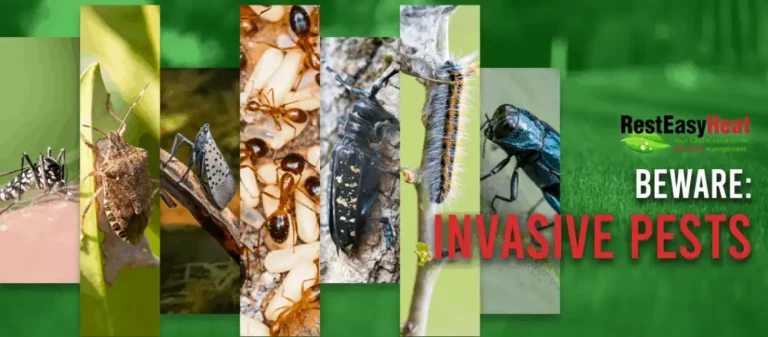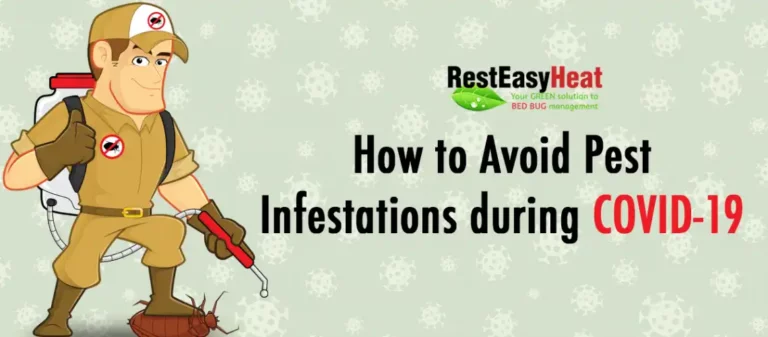If you’ve been thinking about traveling to warmer climates or have been catching a few news stories, you may have heard about something called the Zika virus — a disease spread primarily through mosquito bites.
In some, Zika causes mild illness, however, it is being closely tracked because the Centers for Disease Control (CDC) issued a report stating that it may be linked to serious birth defects in babies of mothers who were infected with this virus while pregnant.
At the same time this virus isn’t new, it is new to the Americas. The first case was pronounced in Brazil just last spring. On account of that point, it has unfolded through South and Central America, and the Caribbean. No United States transmitted Zika circumstances have been reported, but cases were suggested in tourists getting back Zika present areas. As Zika continues to spread, the quantity of cases among travelers touring or returning to the USA is prone to broaden.
For all mothers, and expecting mothers, I know how important it is to have all the information you need to keep yourself and your family healthy and safe. Although there is much we still do not know about the Zika virus, the following is a link to help keep you up-to-date as we learn more. www.cdc.gov/Zika.
The following are a few answers to questions many american citizens may have concerning the virus, how it spreads, and who is at risk.
WHAT IS THE ZIKA VIRUS?
The Zika virus is primarily spread through being bitten by an infected mosquito. These are the same mosquitoes that spread other viruses like chikungunya and dengue. Only about 20% of people infected with this virus will feel sick. For those who do feel sickness from the virus, symptoms are generally mild and can include and red eye, fever, rash, and joint pain.
Learn more about symptoms and diagnosis here.
HOW IS ZIKA TRANSMITTED?
Zika is principally spread to individuals through the bite of contaminated Aedes mosquitoes. It can also be transmitted from a pregnant mother to her infant amid pregnancy, however we don’t know how frequently that transmission happens.
WHERE ARE PEOPLE CONTRACTING ZIKA?
In areas where Aedes mosquitoes are present, People are contracting Zika. These areas include South America, Central America and the Caribbean. Specific areas where the Zika virus is being transmitted are likely to change over time, As the CDC notes, so please check here for the most updated information.
WHO IS AT RISK OF BEING INFECTED?
Any individual who is living in or heading out to a territory where the infection is found is at danger for disease.
WHY ARE THERE SPECIFIC RECOMMENDATIONS FOR PREGNANT WOMEN?
There might be a connection between a serious birth defect called microcephaly – a condition in which a child’s head is smaller than expected – and other poor pregnancy results and a Zika contamination in a pregnant mother. While the connection between Zika and these results is being researched the CDC prescribes that you take unique precautionary measures on the off chance that you fall into one of the following categories:
- If you are pregnant (in any trimester):
- Postpone travel to any Zika active areas.
- If you must travel to an active region, talk to your doctor first about steps to prevent mosquito bites during your trip.
- If you are trying to become pregnant:
- Before travelling, talk to your doctor about pregnancy plans and the risks posed from infection.
If you fall into one of these groups, the CDC has provided thorough information on what you should do here.
WHAT CAN I DO TO PREVENT A ZIKA INFECTION?
As of now, there is no vaccine to prevent the Zika virus. The best way to prevent diseases by mosquitoes is to protect yourself from getting bitten. Here’s how:
- Wear long-sleeved shirts and long pants.
- Stay in places with air conditioning or that use window, door screens, and netting to keep mosquitoes outside.
- Use Environmental Protection Agency (EPA)-registered insect repellents. All EPA-registered insect repellents are evaluated for safety and effectiveness.
- Treat clothing and gear with permethrin or purchase permethrin-treated items.
- Sleep under a mosquito bed net if you are overseas or outside and are not able to protect yourself from mosquito bites.
You can get a more in-depth explanation of prevention measures from the CDC here.
SHOULD WE BE CONCERNED ABOUT ZIKA IN THE UNITED STATES?
Travelers from the United States who visit a country where Zika is found could become infected if bitten by a mosquito.

in the Situation Room of the White House, January 26, 2016, President Barack Obama convenes a meeting on the Zika virus. [Official White House Photo by Pete Souza]
The President recently met with CDC Director Dr. Thomas Frieden and his other health and national security advisors to discuss the potential spread of the Zika virus in the United States. He emphasized the need to accelerate research efforts to make available diagnostic tests, to develop vaccines and therapeutics, and to ensure that all Americans have information about the Zika virus and steps they can take to better protect themselves.
About the Author: Amy Pope is Deputy Assistant to the President for Homeland Security.
Editor’s Note: This blog originally appeared on the White House Blog.
For more information:
- Stay up-to-date on all the latest information here: www.cdc.gov/zika.
- Read the latest CDC Health Alert Network advisory for Zika virus.
- If you’re traveling find out how you can take enhanced precautions.
- Learn more about Zika and pregnancy.







